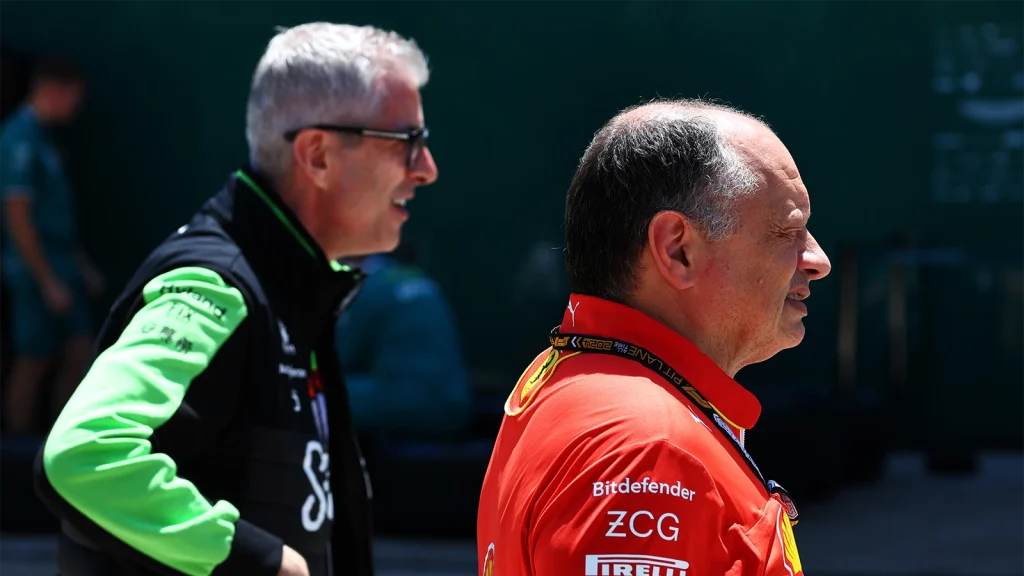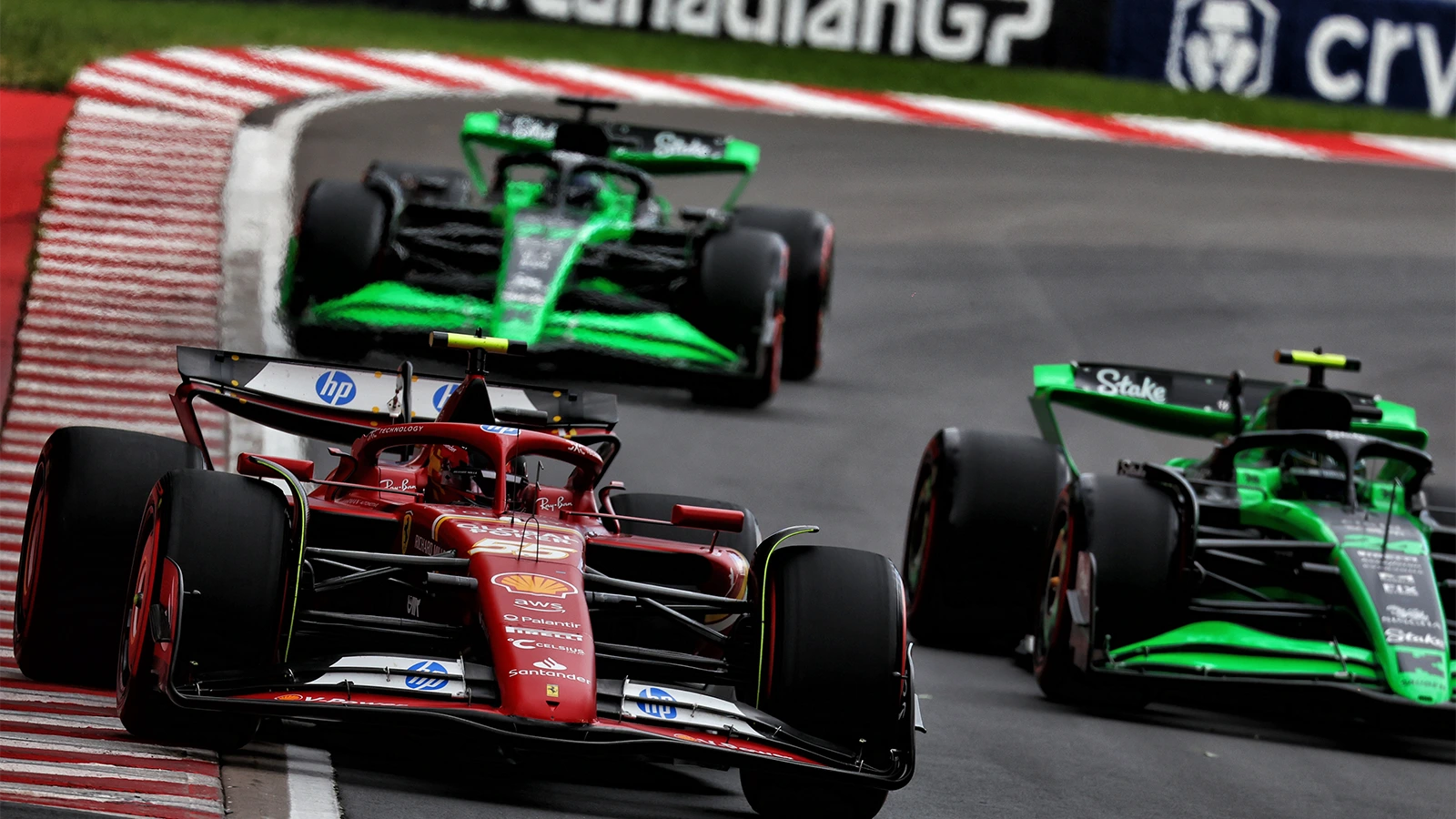FIA Single-Seater Director Nikolas Tombazis has explained why Audi is the sole Formula 1 team outside the United Kingdom to receive a cost-cap exemption in 2026.
Next year, the cost cap will rise from $135 million to $215 million per global inflation, new technical regulations and more items being included under the cap.
Audi meanwhile, which will be taking over the Sauber outfit in 2026, will be granted a larger cost cap due to the higher cost of living at the team’s Hinwil base in Switzerland.
The other nine teams have protested this and Tombazis was probed on the subject with the media as to why Audi, and not Ferrari, is the only non-UK-based team to be granted such an exemption.
“The situation influencing the salaries between teams is a bit more complex because you have to take into consideration the difficulty in obtaining people from other teams because of what you have to pay them,” he replied (via RacingNews365).
“We believe it is correct to focus on the higher-labour cost countries, which at the moment, would be Switzerland.
“I will say that in democracy, where there’s nine wolves and one sheep, I think you can see who would be the nine wolves.
“We do want to have, of course, consensus and democracy but it is our responsibility to also try to be fair, and when we have opportunities every five or six years to make adjustments that aim for fairness, maybe within the competition of Formula 1, it’s difficult to get the necessary levels of majorities amongst teams to support us.
“We see our responsibility to be fair, which is what we always try to do.”

Why Audi is receiving an F1 cost-cap exemption
Switzerland is widely known to be one of, if not the most expensive country in Europe to live in, considerably more so than the UK and Italy, where the remainder of F1’s teams reside.
Tombazis understands this first-hand as a Geneva resident.
Such is the increased cost of living, Tombazis alleged that Audi would be at risk of a staff deficiency if bound by the same cost cap as its competitors.
“It became obvious to us that salaries in certain countries are much higher and cost of living is much higher in certain countries, I see it myself, as I live in Geneva and whenever I go to a supermarket, I think about it,” he explained.
“We felt that for roughly the equal cost cap, a team based in a high labour cost country like Switzerland would end up having approximately 30% or even 40% fewer people working on the car, which we felt was fundamentally unfair.
“From a regulator point of view, it would eventually mean that teams could not operate and teams like Sauber [Audi] would basically have to close and move to another country, which we don’t think is the right way for the world championship to operate.
“That is why there is an adjustment in the financial regulations for 2026, which will adjust the salaries that get considered in the cost cap, and I think it is completely fair.
“We do plan to give it a bit more transparency as well so that teams which are maybe worried that something underhand is happening will be convinced, but I don’t think anyone would have doubt about the fairness of this regulation.”
Beyond a cost cap boost, Audi is receiving a financial boost in its F1 endeavours by selling a stake of the team to the Qatar Investment Authority.
READ MORE – Mattia Binotto joined ‘frozen’ Sauber team ahead of Audi F1 transition









